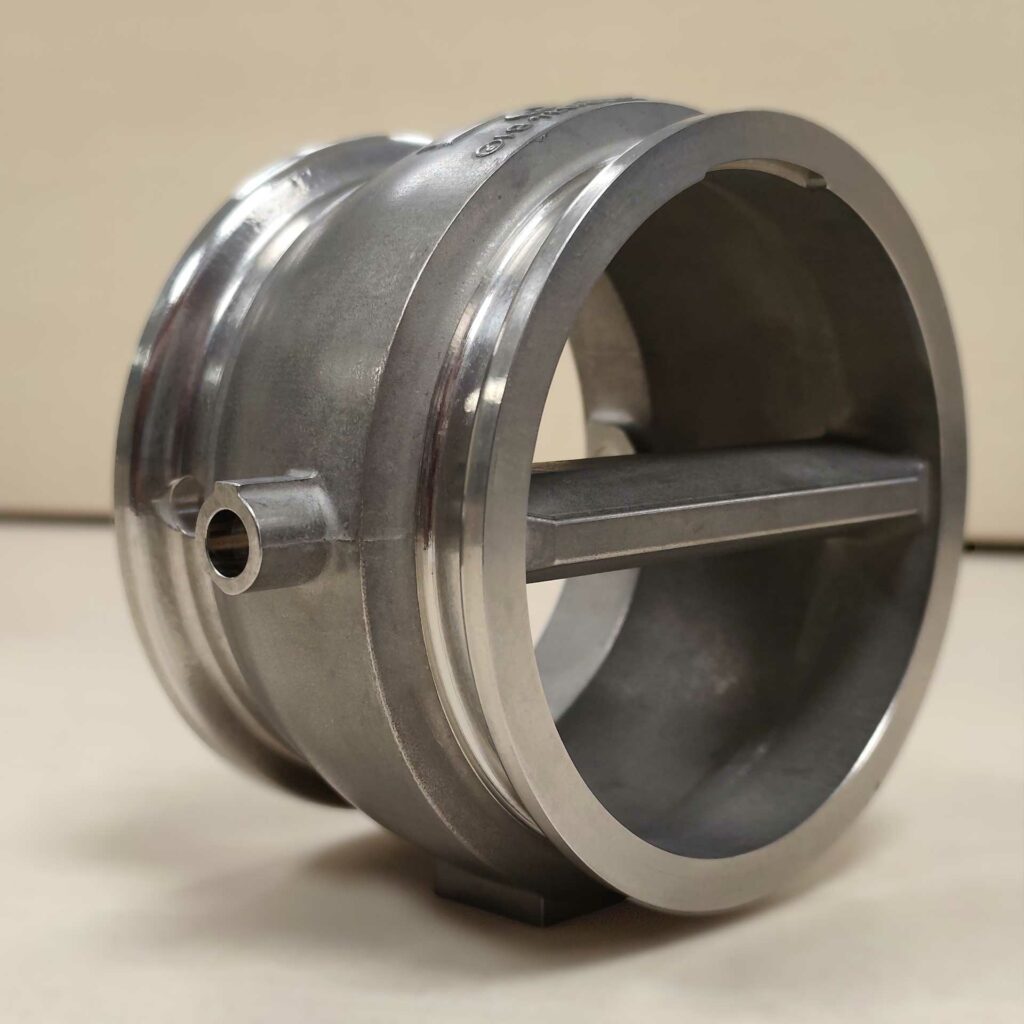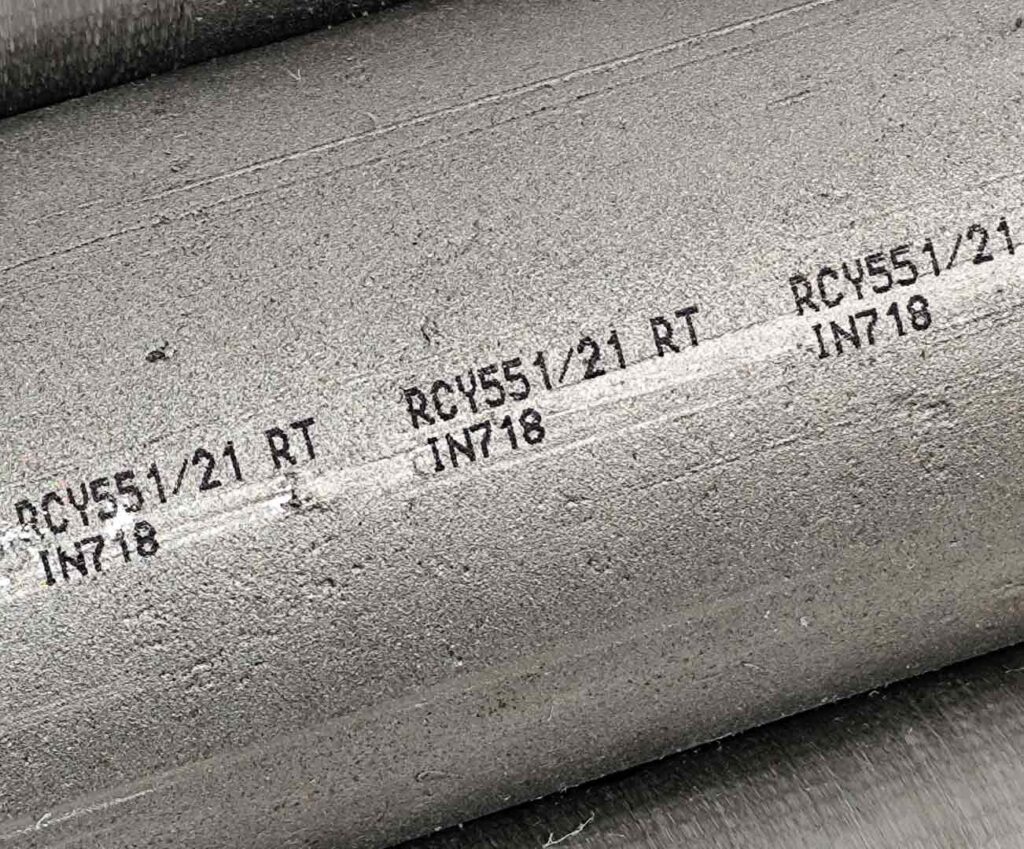
Inconel 718: A Fundamental Superalloy for Modern Industry
Modern industry faces increasingly demanding challenges in the search for materials capable of withstanding extreme conditions of temperature, pressure, and aggressive chemical environments. One of the most outstanding solutions in this field is the Inconel 718 alloy, also known as INCO 718. Developed in the 1960s, this material combines exceptional mechanical strength with remarkable resistance to corrosion and oxidation, positioning itself as a cornerstone in diverse sectors such as the aerospace, nuclear, energy, and chemical industries.
Inconel 718 stands out not only for its performance but also for how it revolutionized materials engineering by addressing critical needs of modern technology
History and Development of Inconel 718
The creation of Inconel 718 was a direct response to the challenges posed by the aerospace industry in the 1960s. The growing demand for materials capable of withstanding extreme environments forced engineers to seek alternatives that offered high performance and reliability.
The main challenges that defined its development included:
- Balancing mechanical strength and corrosion resistance: This dilemma required a carefully balanced chemical composition.
- Maintaining properties at high temperatures: Thanks to the formation of hardening phases, reliable thermal stability was achieved up to 648 °C.
- Ensuring adequate weldability: Niobium played a key role in improving the mechanical properties of welded joints, enabling significant progress.
Since then, this superalloy has been adopted in applications that require extreme levels of strength and durability.
Chemical Composition and Properties
The secret behind Inconel 718’s performance lies in its chemical composition, a mixture of elements that provide extraordinary properties:
- Nickel (50-55%): The base of the alloy, providing corrosion resistance and structural stability.
- Chromium (17-21%): Enhances resistance to oxidation and corrosive environments.
- Niobium (4.75-5.5%): Acts as a hardening agent by forming intermetallic phases.
- Molybdenum (2.8-3.3%): Improves resistance to localized corrosion.
Titanium and aluminum are present in very small amounts and contribute to precipitation hardening.
 These characteristics result in a unique combination of high mechanical strength, even at elevated temperatures, excellent resistance to corrosion and oxidation, and remarkable weldability—a rare quality in superalloys.
These characteristics result in a unique combination of high mechanical strength, even at elevated temperatures, excellent resistance to corrosion and oxidation, and remarkable weldability—a rare quality in superalloys.
Applications of Inconel 718
The versatility of Inconel 718 has allowed its adoption across multiple industries, each of which takes advantage of its properties according to the specific demands of their operations. • Aerospace Industry In the aerospace sector, Inconel 718 is used to manufacture critical components such as blades, discs, valves, and retaining rings for jet engines and gas turbines. Additionally, its resistance to oxidation makes it ideal for thrust reverser systems and rocket engines. • Nuclear Industry In this sector, it is used in reactor core support structures and as spacer material in fuel elements, where resistance to radiation and corrosion is crucial. • Oil and Gas Under conditions of high pressure and corrosive environments, Inconel 718 is an indispensable material for valves, tubes, and components of deep well drilling tools. • Chemical Industry It is employed in reactors, towers, and storage tanks due to its resistance to aggressive chemicals. It is also used in high-temperature furnaces. • Automotive and Energy Industry In the automotive sector, it is used in turbochargers and exhaust systems for high-performance vehicles. In energy, its ability to operate at high temperatures makes it a key material for gas turbine components and heat exchangers in solar power plants.
Conclusion
Inconel 718 has marked a before-and-after in materials engineering, establishing itself as a reliable solution for extreme environments. Although it faces challenges, its versatility and performance make it a key choice for critical applications in various industries. With ongoing technological advances, the future of Inconel 718 promises even more possibilities and a lasting impact on modern industry.
At EIPC, we have a vacuum investment casting line for nickel-based superalloy components that meet high mechanical requirements